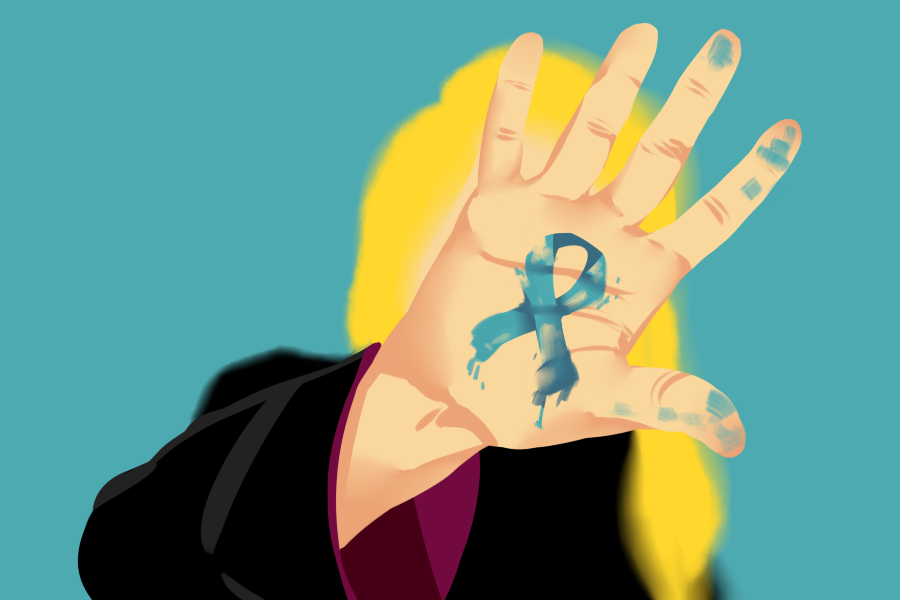
New procedures to provide greater transparency, consistency, timeliness
On June 29, the University of California announced, in a press release, the new system-wide procedures for responding to alleged sexual misconduct by faculty and staff. Last year, the university instituted a similar model for students. The new procedures will provide “greater transparency” and “timeliness” during related investigations.
“Combined with our ongoing prevention strategies, these clearly-defined frameworks strengthen our procedures for handling sexual misconduct cases and furthering a culture of safety and respect at the University,” said UC President Janet Napolitano in the press release.
Important changes to the policies include defining the roles and responsibilities of any offices involved in the adjudication of cases, processes by which investigations may be concluded within 60 days and decisions may be made within the 40 days following –– allowing for communication with the decision-maker –– and permitting the chancellor or chancellor designee to review any discipline.
UC Davis has several resources for any persons affiliated with the university who have experienced sexual harassment, assault or violence. Wendi Delmendo, the chief compliance officer at UC Davis who works on the Ethics and Compliance Risk Committee of the Office of the Interim Provost and who also serves as UC Davis’ Title IX officer and lead discrimination officer, clarified that the university’s response to allegations of sexual harassment or violence is the same regardless of the subject of the alleged behavior.
“Under the UC Sexual Violence and Sexual Harassment (SVSH) policy, allegations are resolved through either alternative resolution or formal investigation,” Delmendo said via email. “Allegations of sexual violence (which includes sexual assault, dating violence, domestic violence and stalking) are typically resolved through formal investigation so long as the [university] has sufficient information to commence an investigation.”
Delmendo also explained that allegations can be resolved through alternative resolution and that, if a complainant requests that the university not investigate a report, the university considers several factors before making a decision on a case-by-case basis. If the accused is a student, sanctions are imposed by the student adjudication policies, whereas discipline is imposed under different policies if the accused is a faculty or staff member.
“The new procedures for faculty and staff are intended to build a consistent process for responding to complaints against faculty and staff across all of the UC campuses,” Delmendo said. “With respect to the investigation guidelines contained within the new processes, UC Davis was already conducting investigations consistent with these guidelines. The biggest change the new processes bring for UC Davis relates to the disciplinary process.”
Delmendo hopes that the new process will result in more prompt and consistent decision-making about discipline and ensures that all complainants will be informed of the disciplinary action taken as a result of their complaint.
In contrast to Student Judicial Affairs and the Title IX Office, students can also utilize the Center for Advocacy, Resources and Education (CARE) — a confidential resource for those who have experienced sexual harassment, sexual assault, dating or domestic violence and/or stalking.
“We are most different from SJA and Title IX with regard to our confidential nature, meaning that a victim of sexual harassment or sexual violence (i.e. SA, DV, stalking), can receive services from CARE without putting the campus on-notice or initiating a report,” said Sarah Meredith, the director of CARE at UC Davis, via email. “CARE does not disclose the identity of its clients without a signed Release of Information. CARE is not a part of any reporting or investigative unit; we do not assist in the investigation, determination of outcomes or decisions about sanctions.”
According to Meredith, CARE ensures that victims of sexual harassment and sexual violence receive information about all of their rights and options as well as offering crisis intervention, safety planning and support and advocacy through any reporting system. CARE is a resource available to any person affiliated with UC Davis, including its students, staff and faculty.
Written by: Jayashri Padmanabhan — campus@theaggie.org



